Hearing loss affects more than 430 million people worldwide — including some of the most recognizable names in entertainment, music, and television. From Academy Award winners to chart-topping musicians, these celebrities have shared their hearing loss journeys, breaking stigma and sparking awareness about hearing health.
Whether caused by childhood illness, noise exposure, Ménière’s disease, or trauma, their stories reveal how hearing loss intersects with artistry, resilience, and advocacy. By speaking out, these famous figures show that hearing loss doesn’t silence creativity — it reshapes it.
In the early 1990s, Halle Berry lost nearly 80% of the hearing in her left ear after surviving domestic abuse. Rather than keeping it private, she later spoke publicly about her experience.
“I wasn’t able to hear out of my ear, and I thought I was going to lose my career. But I decided it wasn’t going to define me.” — Halle Berry, Variety
Her willingness to discuss both the hearing loss and its cause brought attention to a hidden issue: the physical consequences of intimate partner violence. Berry used her platform not only to share her personal challenges but also to encourage survivors to seek safety and support.
Why it matters: Berry reframed hearing loss as more than a medical condition. By tying her story to advocacy, she elevated the conversation, showing how resilience and openness can empower others to confront both health and social issues head-on.
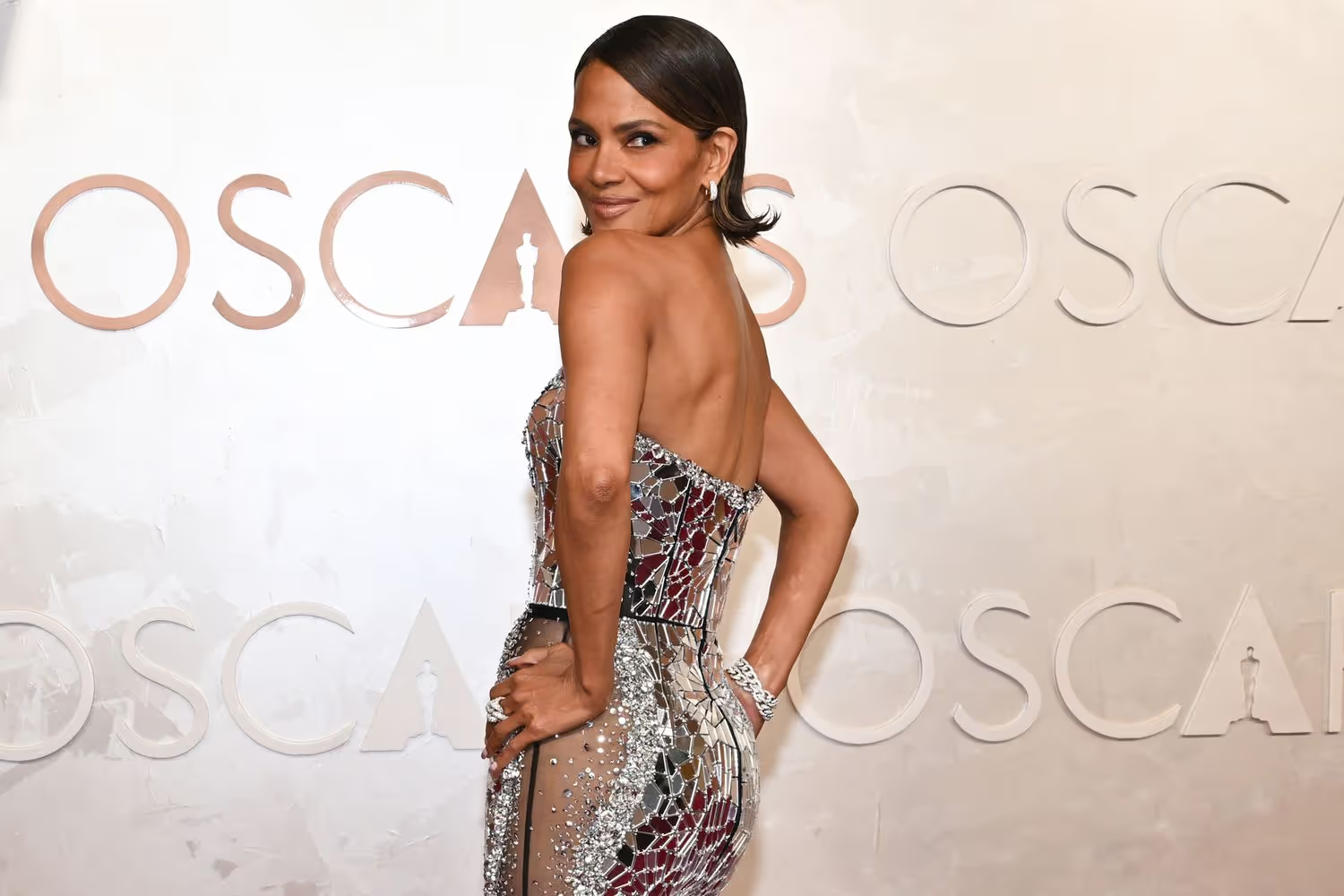
Born with significant hearing loss in her left ear, Holly Hunter grew up having to adapt. She often positioned herself on people’s right side to better catch conversations, and she developed an unusually sharp ability to read body language and expression.
In her Oscar-winning performance in The Piano, Hunter turned this difference into an artistic strength — conveying emotion through silence, gesture, and nuance. She has said her hearing loss taught her to “listen with her eyes,” a skill that translated into performances brimming with sensitivity and presence.
Why it matters: Hunter’s career proves that disability and artistry are not opposites. Her openness also underscores the importance of early acceptance: instead of viewing hearing loss as a limitation, she reframed it as part of her creative identity. In doing so, she paved the way for greater representation of deaf and hard of hearing individuals in Hollywood.
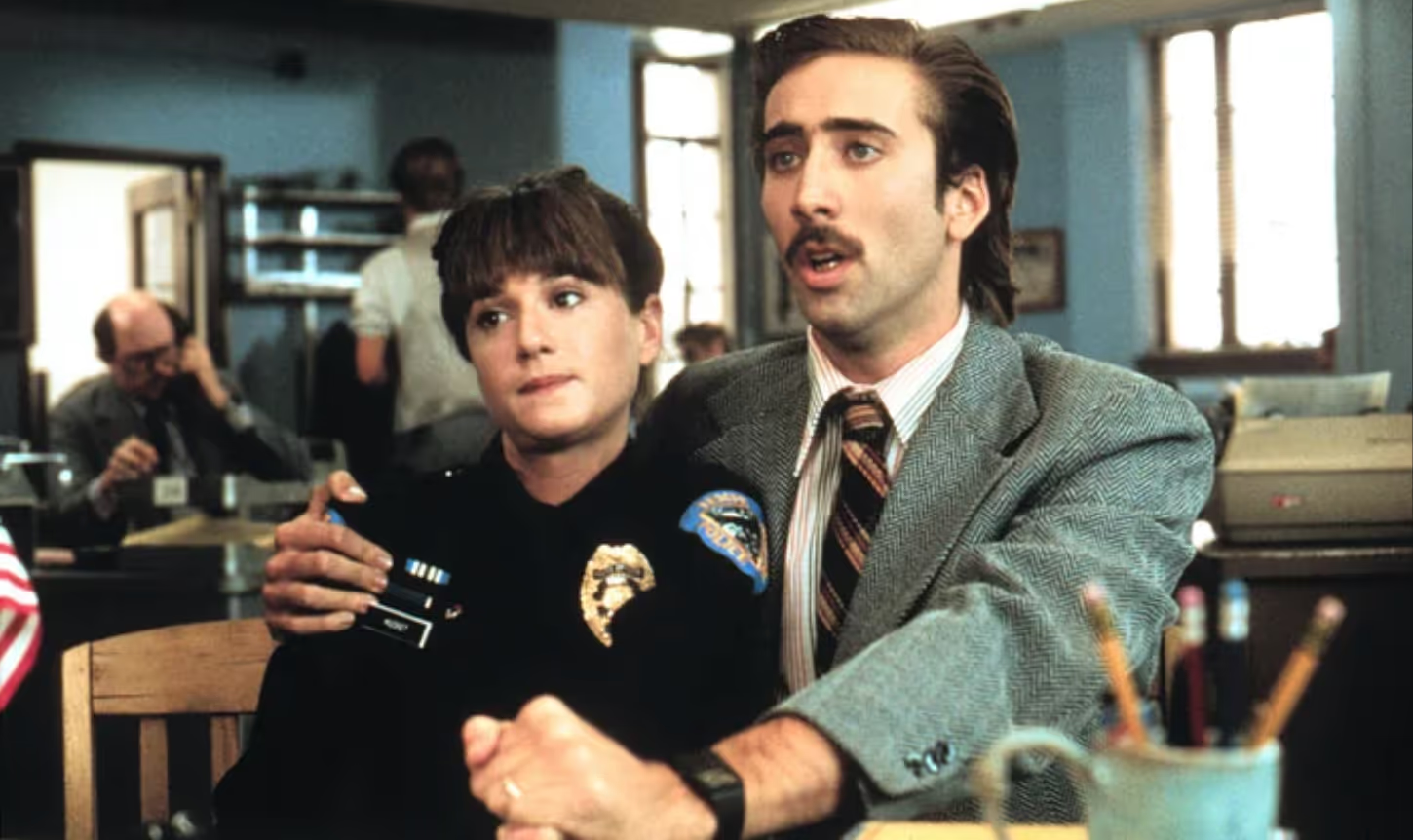
Legendary actor Robert Redford experienced hearing loss from decades of loud film sets and outdoor environments. While filming All Is Lost, long hours in water tanks aggravated the condition, leaving him with permanent damage.
Redford has acknowledged the frustration of missing words in conversation, yet he never allowed it to derail his passion for storytelling. He continued acting and directing, producing some of the most memorable films of his era.
Why it matters: Redford’s candor underscores a broader issue — occupational hearing loss. His story highlights the risks in creative industries (and beyond), reminding workers everywhere to take hearing protection seriously.
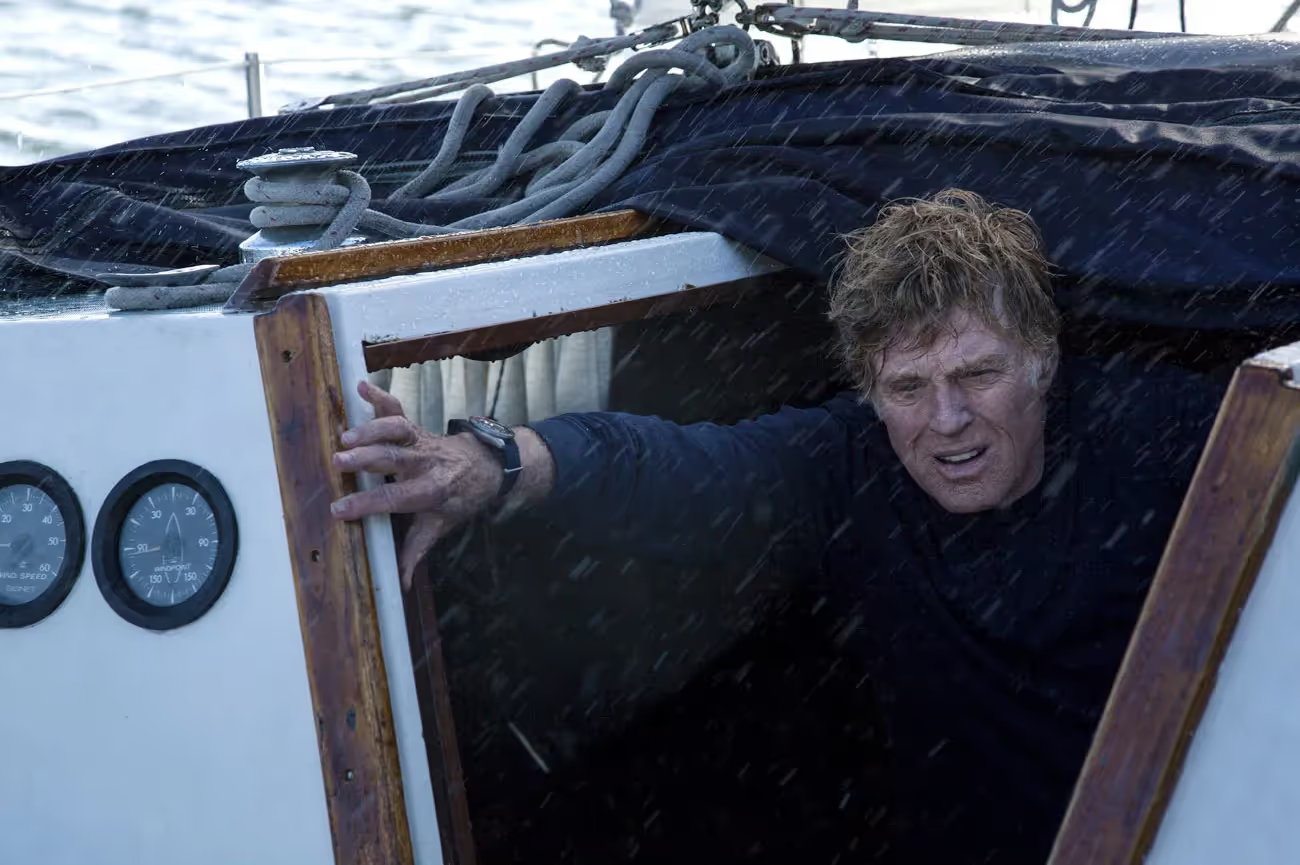
Actor and comedian Steve Martin developed tinnitus and partial hearing loss after a gunfire stunt during Three Amigos, compounded by years of live performances.
“You just live with it. Sometimes you forget it’s there, sometimes it’s deafening.” — Steve Martin, The New York Times
The constant ringing could have derailed a lesser performer, but Martin leaned into resilience. He continued with comedy, acting, and even bluegrass music, refusing to let tinnitus dictate his career. By speaking candidly, he’s helped others with the condition feel seen and less isolated.
Why it matters: Martin uses humor to cope, but his experience is a warning about noise-induced hearing loss. His story reminds performers and fans alike that sound can be joyful — but also damaging without care.
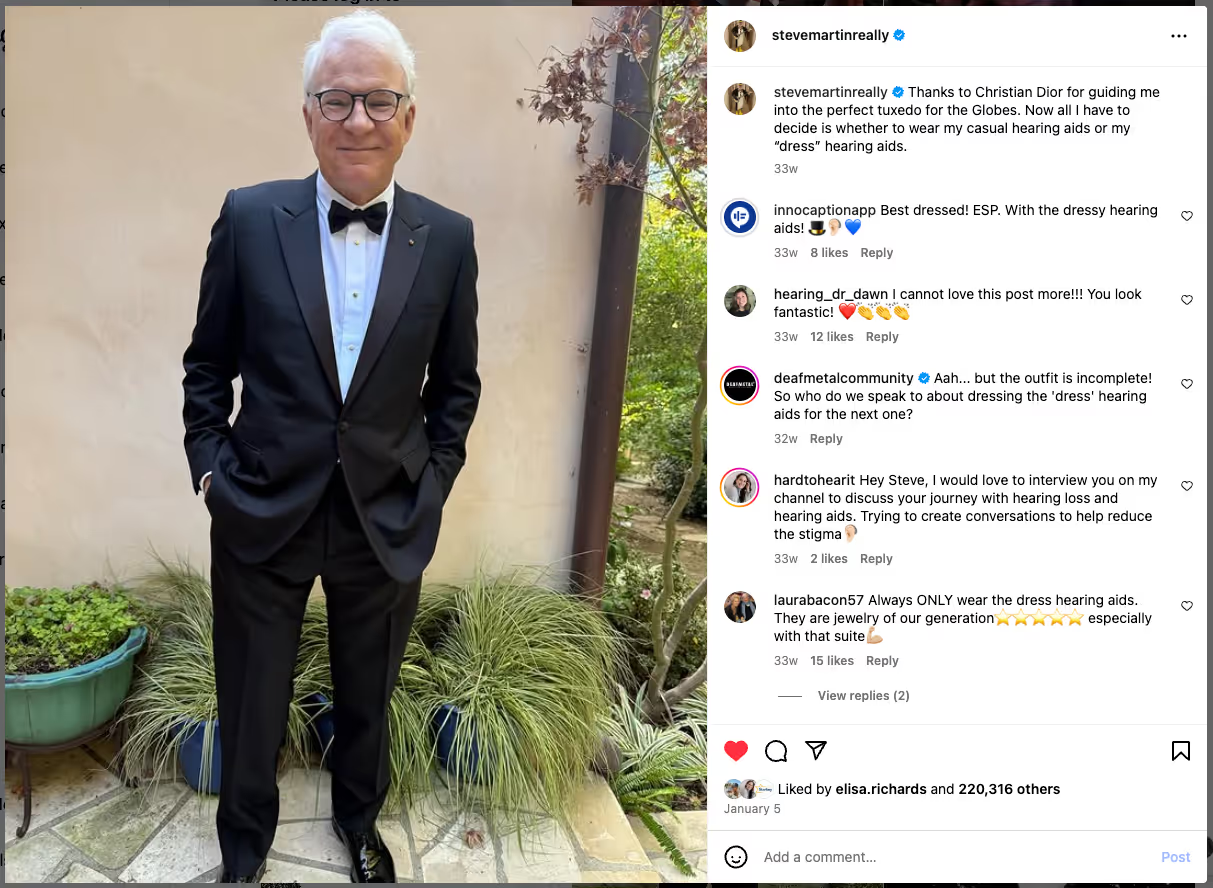
Brian Wilson, creative genius of The Beach Boys, has lived with partial deafness in his right ear since childhood. The cause is debated — possibly an injury, possibly illness — but the impact was permanent.
“I couldn’t really hear in stereo, so I had to learn to build music differently.” — Brian Wilson, Rolling Stone
What’s remarkable is how Wilson transformed that challenge into innovation. Unable to fully perceive sound on one side, he developed an extraordinary sensitivity to harmony and arrangement, crafting layered soundscapes that defined a generation of music. Albums like Pet Sounds are now considered masterpieces, in part because of the way Wilson “heard differently.”
Why it matters: Wilson turned his limitation into legacy. His story illustrates that hearing loss doesn’t silence creativity — it can shape it. For aspiring artists with hearing challenges, he stands as proof that difference can lead to brilliance.
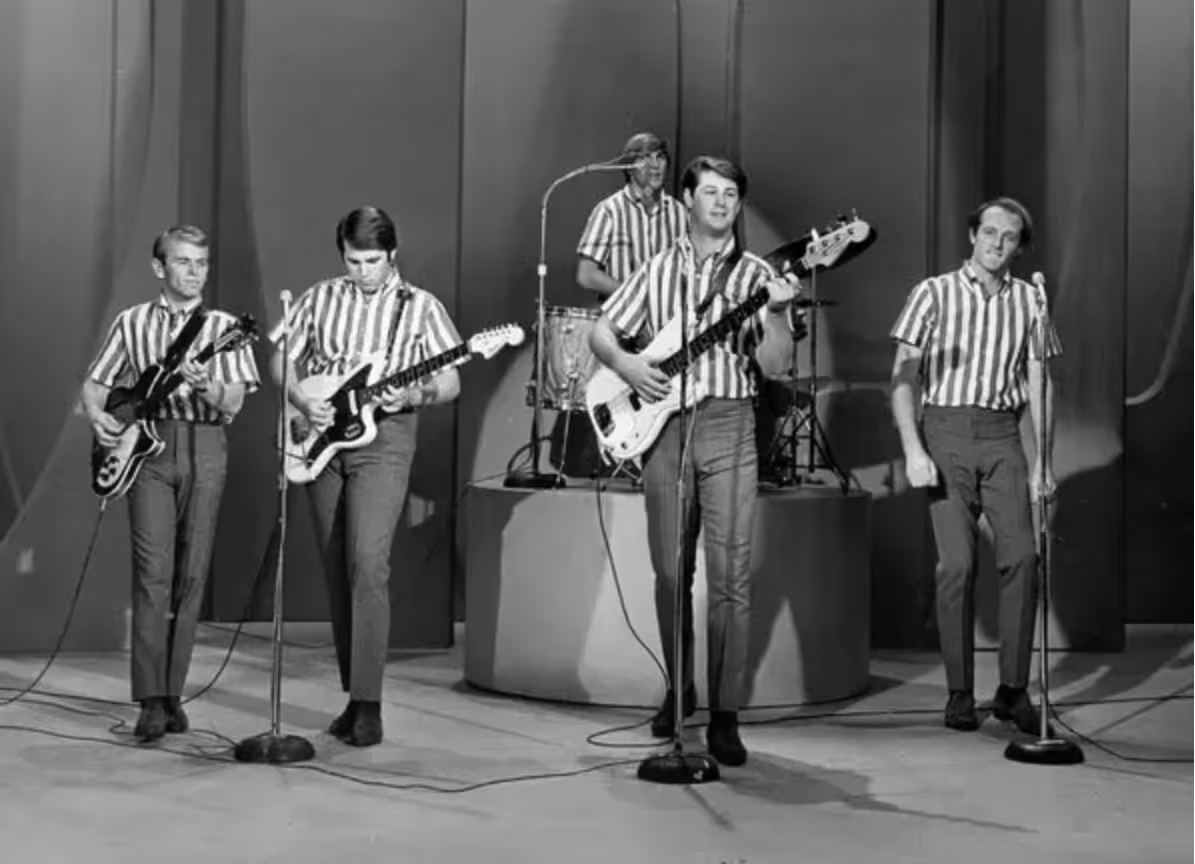
In 2018, fans were stunned when Huey Lewis revealed he had been diagnosed with Ménière’s disease, an inner ear disorder that causes vertigo, tinnitus, and fluctuating hearing loss.
“I can’t hear music well enough to sing. It’s like listening to a blown speaker.” — Huey Lewis, Rolling Stone
For a man whose life revolved around sound, the diagnosis was devastating. Lewis was forced to cancel tours and step back from performing, but what made his story resonate was the way fans rallied around him. Rather than retreat, he became a candid advocate, speaking about the frustration of living with an unpredictable condition and raising awareness of a disorder many had never heard of before.
Why it matters: Lewis’s candor helps destigmatize hearing loss in the music industry while spotlighting the mental and emotional toll it can take. His journey reminds us that hearing health isn’t just physical — it’s deeply tied to identity, purpose, and connection.
Broadway and TV star Kristin Chenoweth also lives with Ménière’s disease, which brings bouts of dizziness, ringing, and hearing loss.
“You can’t see Ménière’s, but it’s there. The vertigo, the hearing loss — it’s real.” — Kristin Chenoweth, People
Chenoweth has been candid about managing her health through treatment and lifestyle changes, acknowledging that the unpredictability sometimes shakes her confidence before performances. Yet she continues to perform at the highest levels, often crediting her faith and resilience.
Why it matters: By speaking openly, Chenoweth helps dismantle the isolation that comes with invisible conditions. She offers fans not just dazzling talent, but also a model of strength in managing chronic illness.
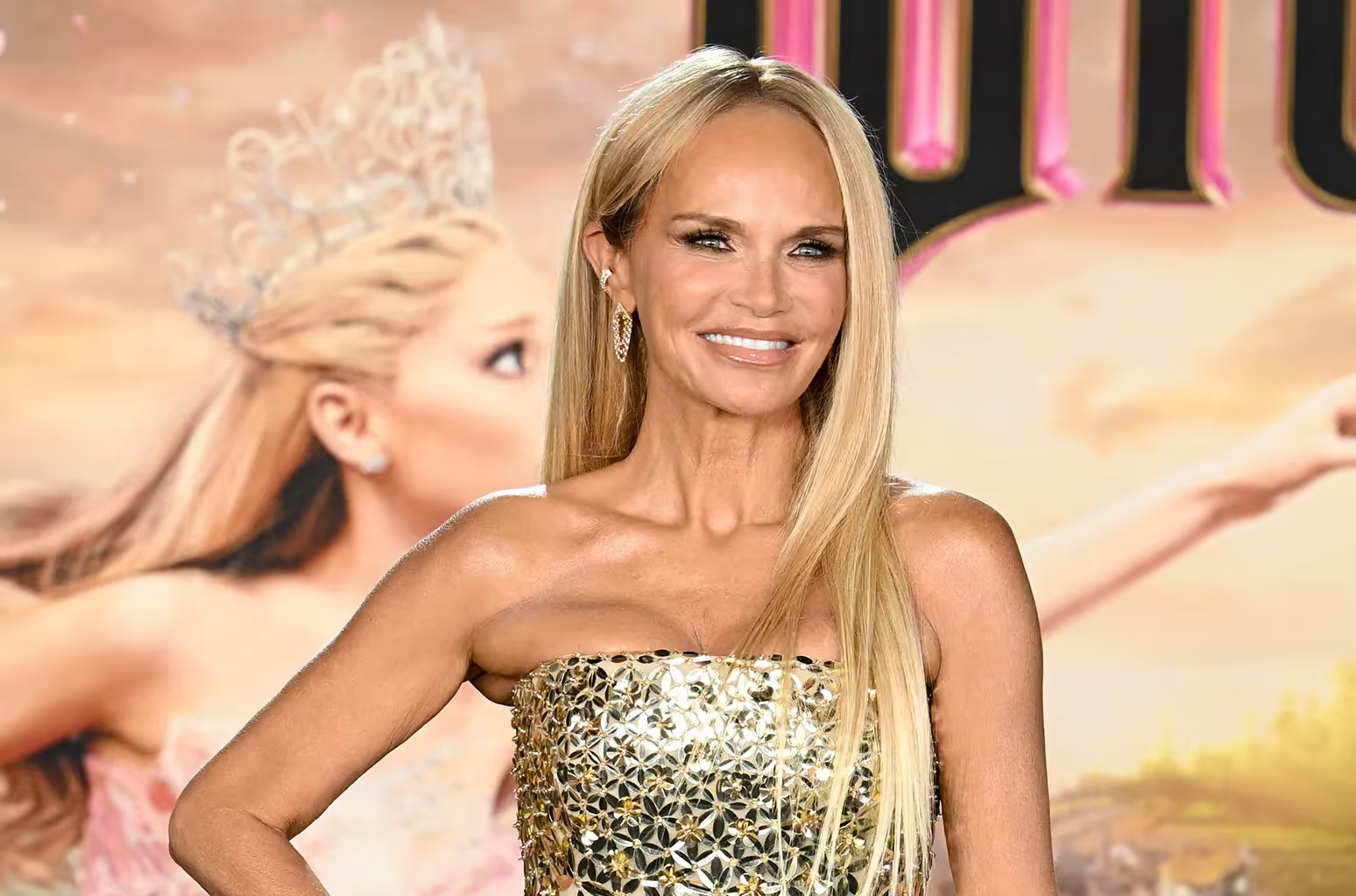
Most people know Stephen Colbert for his wit on The Late Show — but he’s completely deaf in his right ear after childhood surgery to remove a tumor.
“I have no hearing in my right ear — can’t localize sound at all.” — Stephen Colbert, The Washington Post
Single-sided deafness affects more than hearing: it influences balance, orientation, and social interaction in noisy rooms. Colbert has joked that it forced him to become “a very good listener in one direction,” but he also credits the challenge with shaping his attentiveness and timing as a performer.
Why it matters: Colbert’s story highlights pediatric hearing loss and the long-term effects of early medical interventions. By being candid, he normalizes conversations around children’s hearing health and shows that limitations can be transformed into creative strengths.
Whoopi Goldberg attributes her hearing loss to years of listening to music at high volumes. She now wears hearing aids and openly discusses her experience.
“I blame my hearing loss on years of listening to music so loud and so close to the ear drum.” — Whoopi Goldberg, The View
Goldberg has also gone beyond personal disclosure. She supports initiatives like the Starkey Hearing Foundation, which provides hearing aids worldwide, and regularly uses her platform to warn about the dangers of untreated hearing issues.
Why it matters: Goldberg bridges personal experience with global advocacy, underscoring that hearing health is both personal and collective. Her story reminds us that prevention is possible — and that access to solutions should be universal.
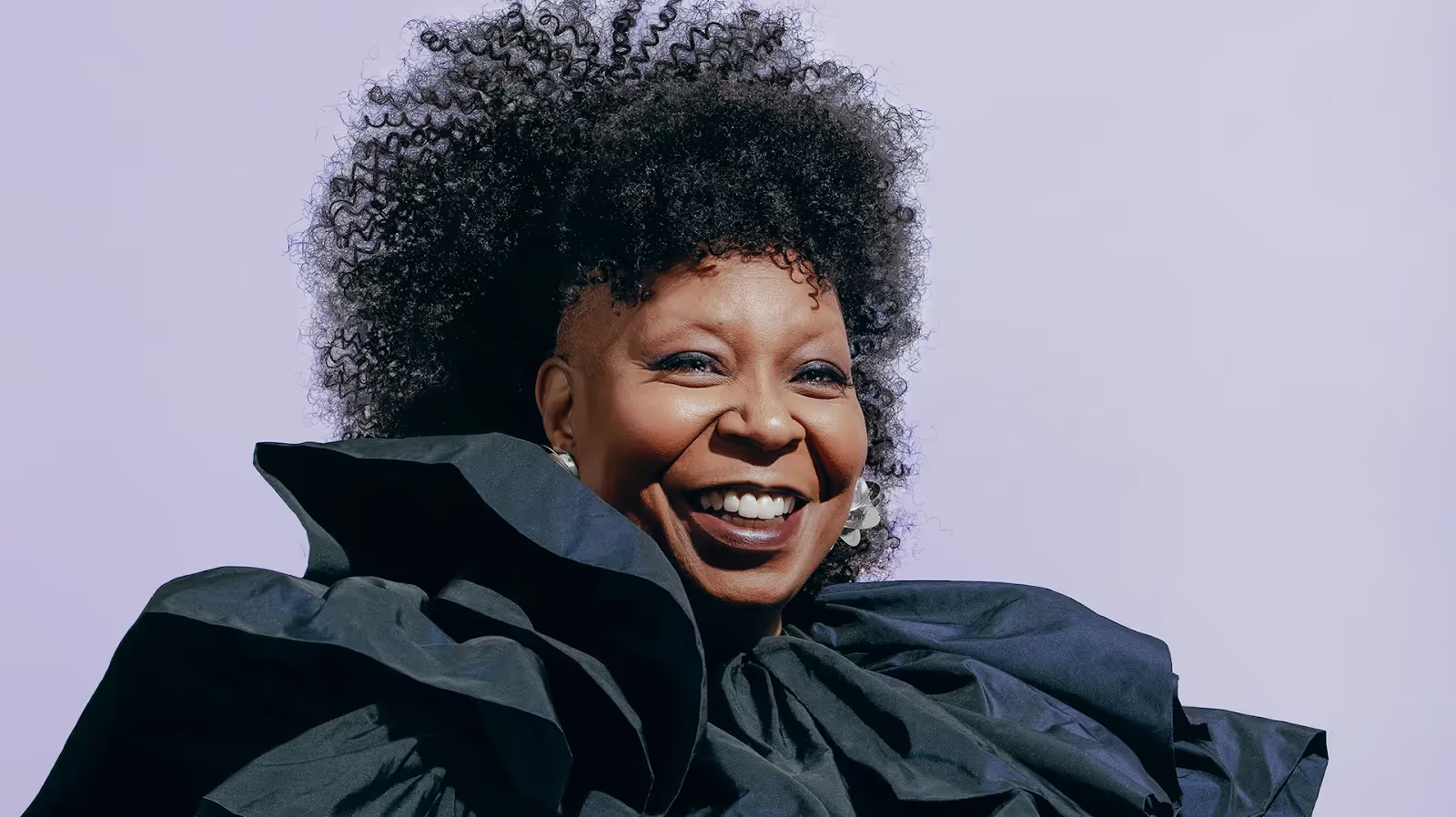
Known as the original Incredible Hulk, Lou Ferrigno has lived with profound hearing loss since childhood due to untreated ear infections. Though hearing aids helped, stigma and bullying made his early years difficult.
Ferrigno didn’t just adapt — he thrived. He became a bodybuilding champion, then a Hollywood icon, proving that determination can silence doubt. Today, he advocates for early intervention and accessibility, frequently speaking about how hearing loss shaped his resilience.
Why it matters: Ferrigno’s story is one of transformation. By turning vulnerability into strength, he embodies the message that hearing loss should never limit ambition. His advocacy has inspired countless others to prioritize hearing health and demand inclusion.
If these stories have one message, it’s this: don’t wait to take care of your hearing.
As Whoopi Goldberg put it:
“You think it won’t happen to you — until it does.”
Taking action today can preserve the sounds you love tomorrow.
InnoCaption provides real-time captioning technology making phone calls easy and accessible for the deaf and hard of hearing community. Offered at no cost to individuals with hearing loss because we are certified by the FCC. InnoCaption is the only mobile app that offers real-time captioning of phone calls through live stenographers and automated speech recognition software. The choice is yours.